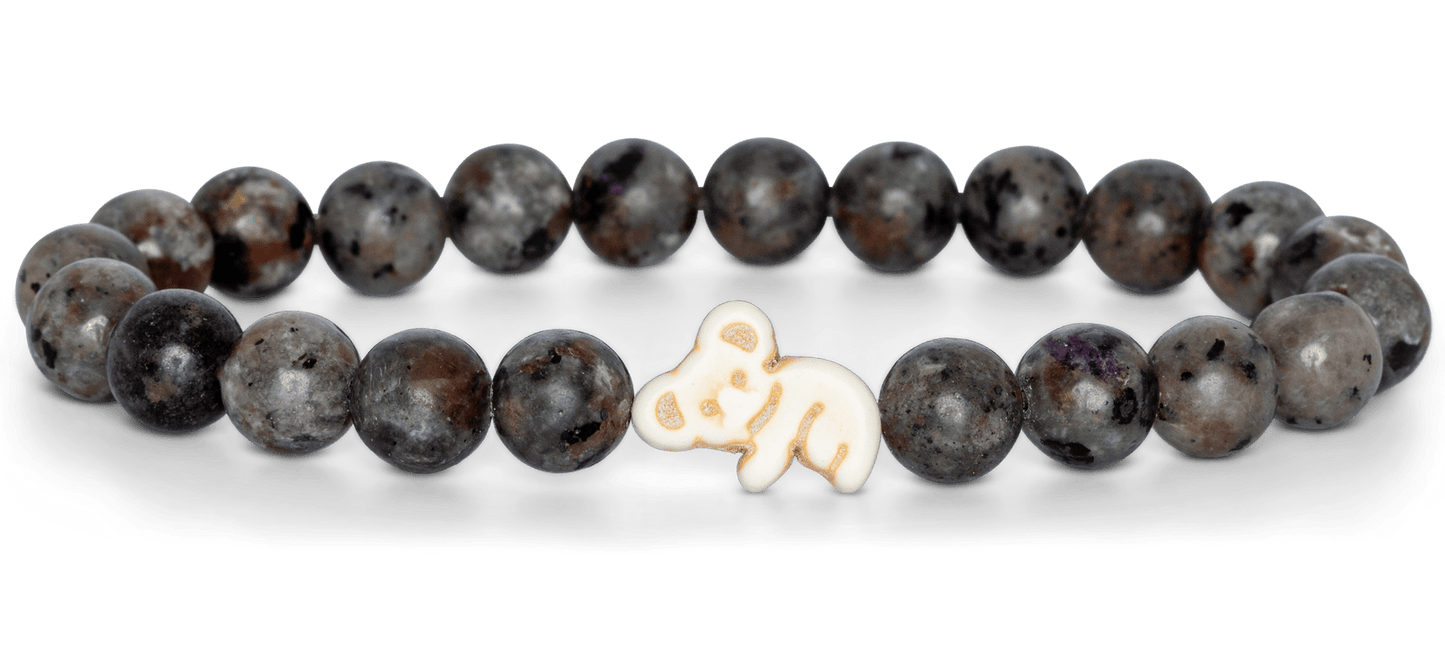
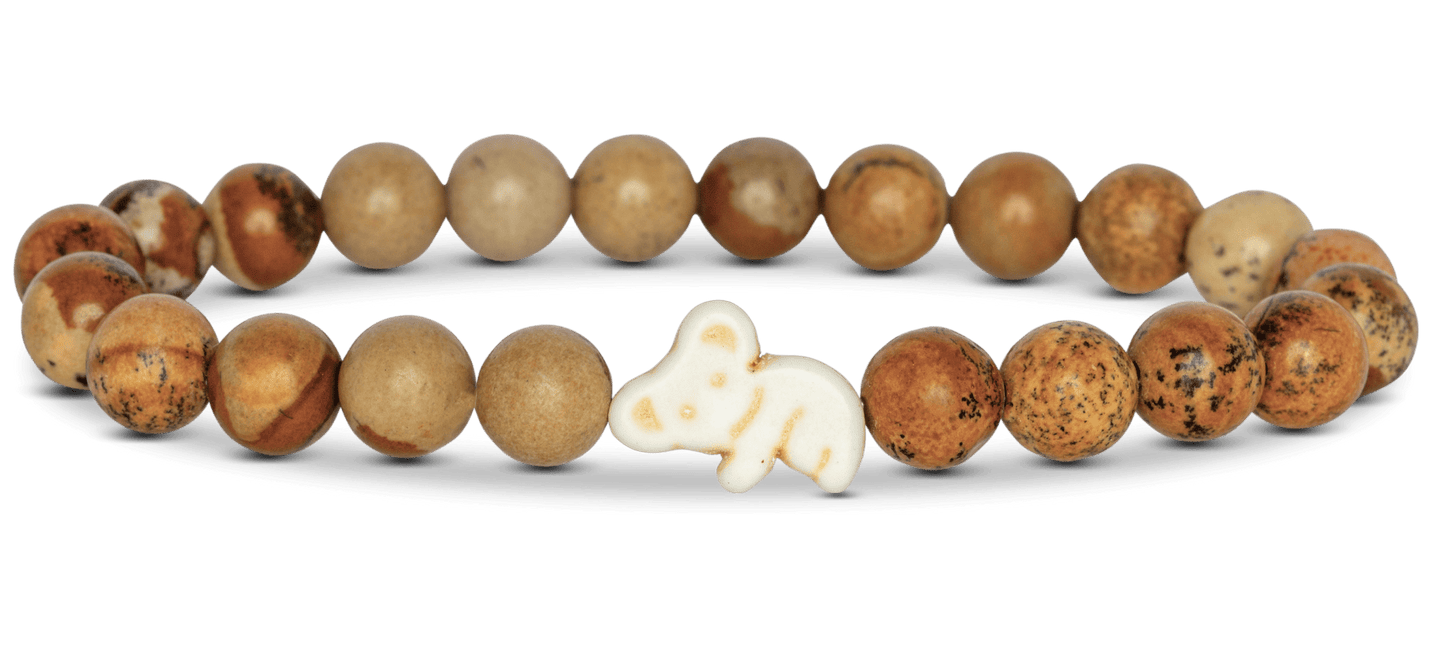
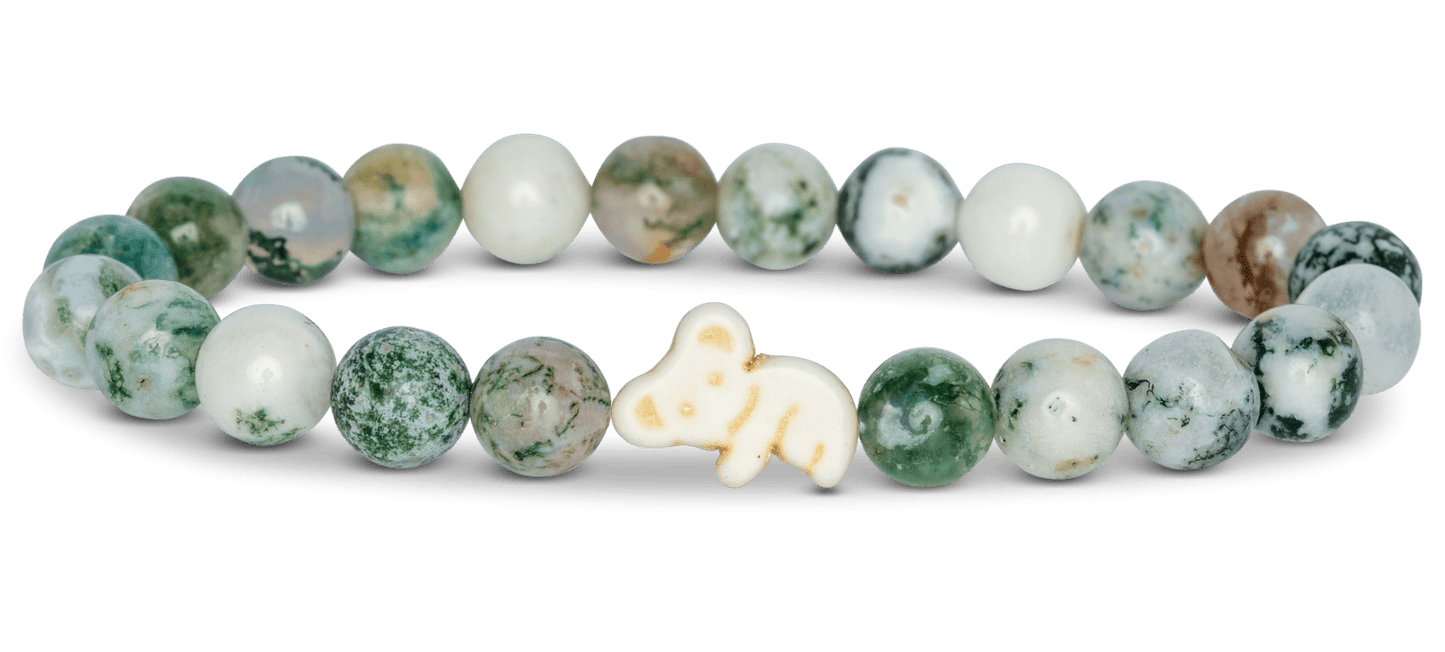
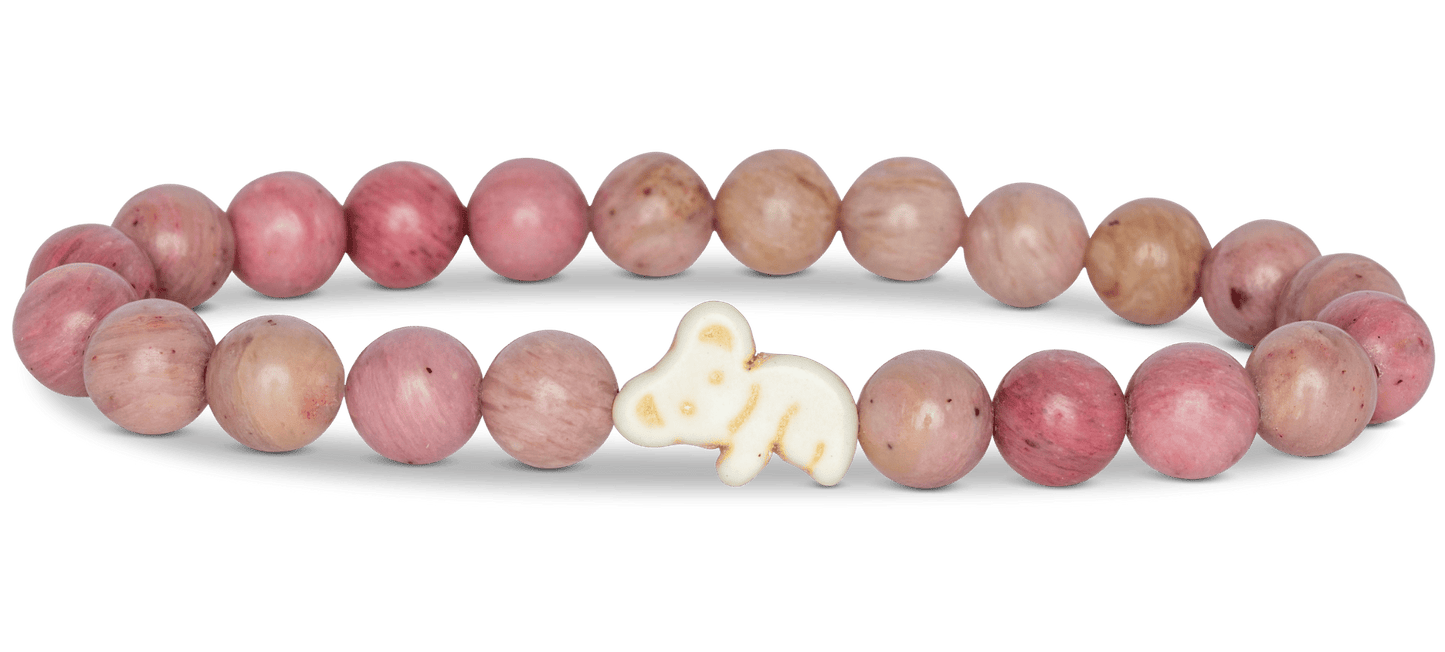
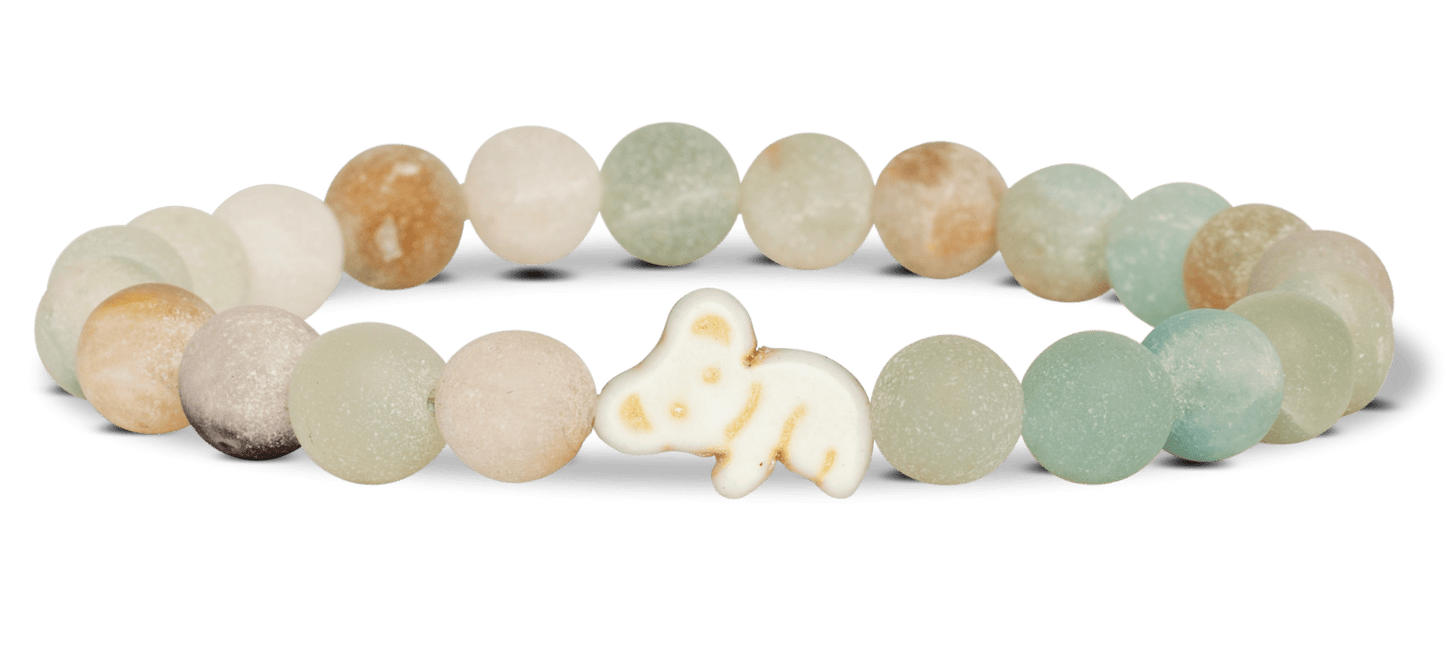
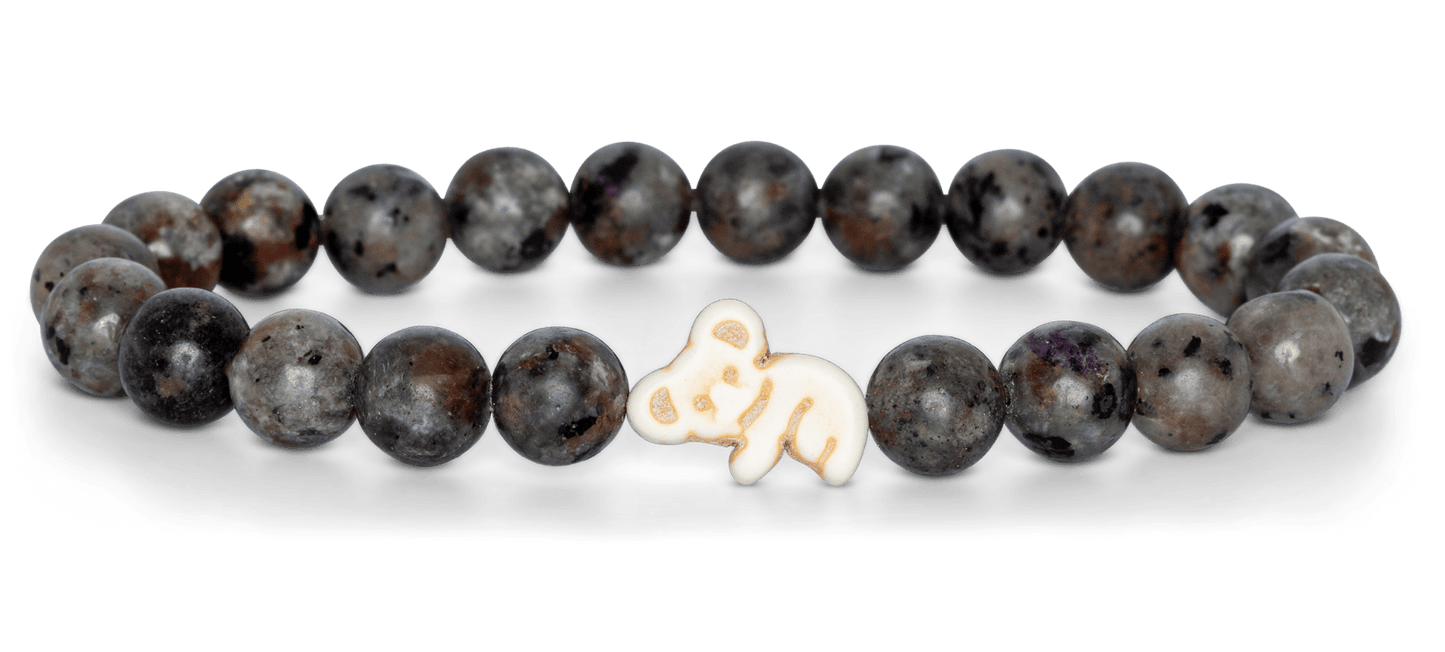
Each Bracelet Comes With
A Real Koala To Track
Each Bracelet Comes
With A Real Koala
To Track
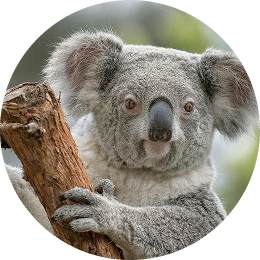
Follow their path on a 3D tracking map
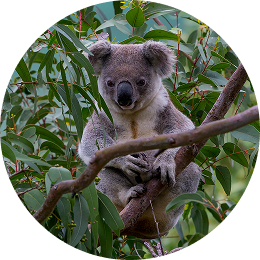
Reveal exclusive stats, photos, and updates along the way
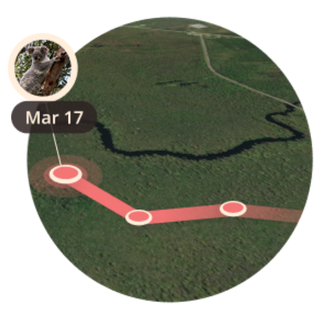
Meet your koala and learn their story
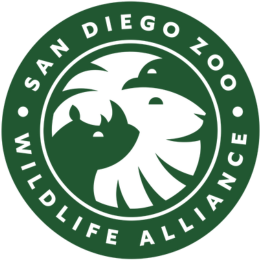
In partnership with San Diego Zoo Wildlife Alliance
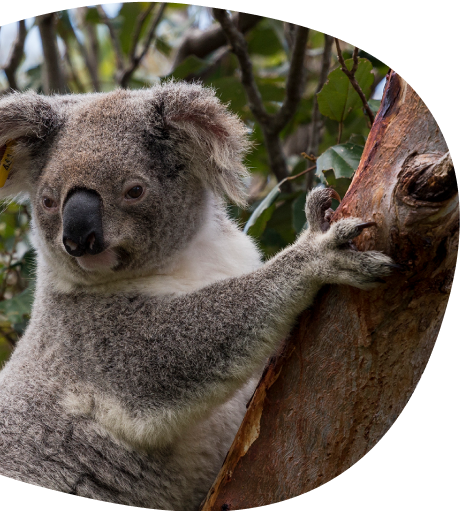
Made in partnership with San Diego Zoo Wildlife Alliance to protect koalas and the forests they rely on. Your purchase helps Fahlo further SDZWA's mission alongside research, education, and outreach efforts.
One Small Bracelet.
One Big Mission.
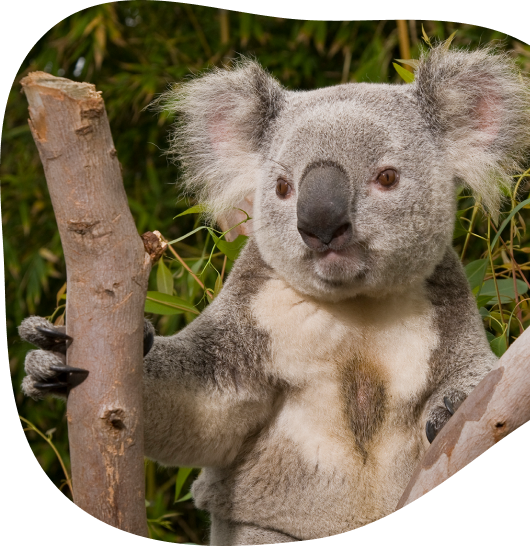
Common Questions
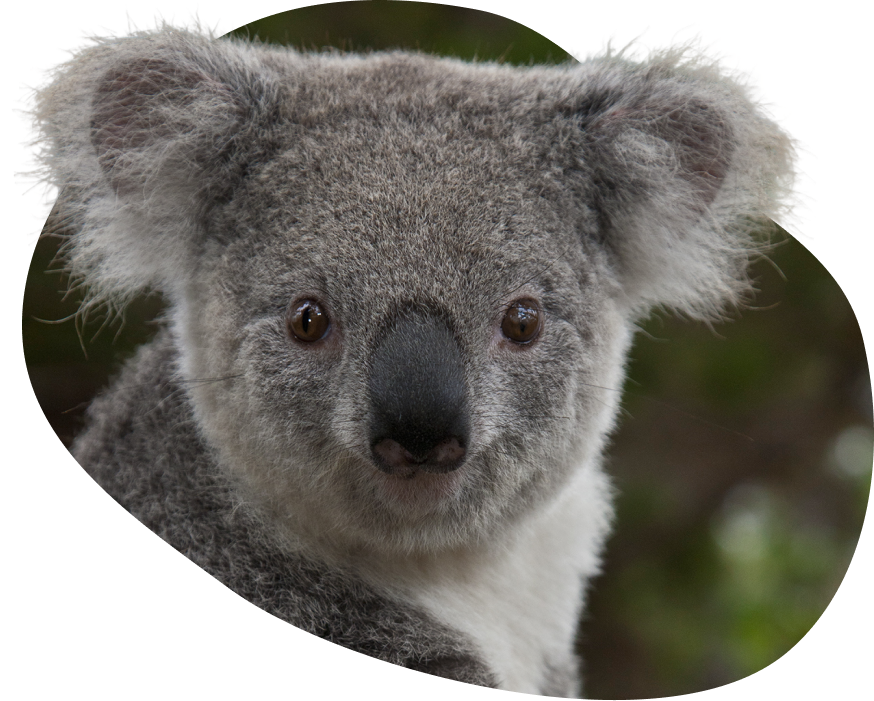
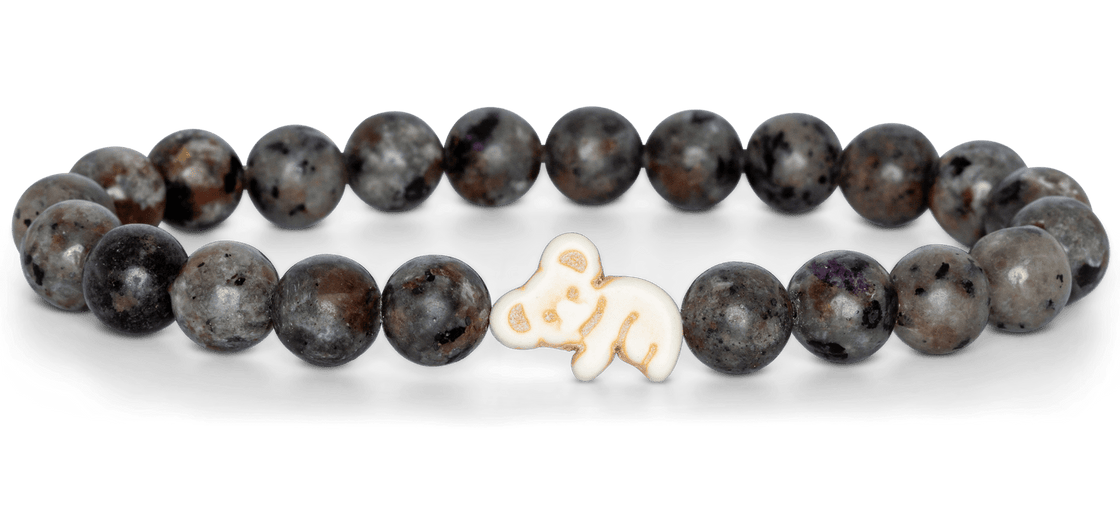
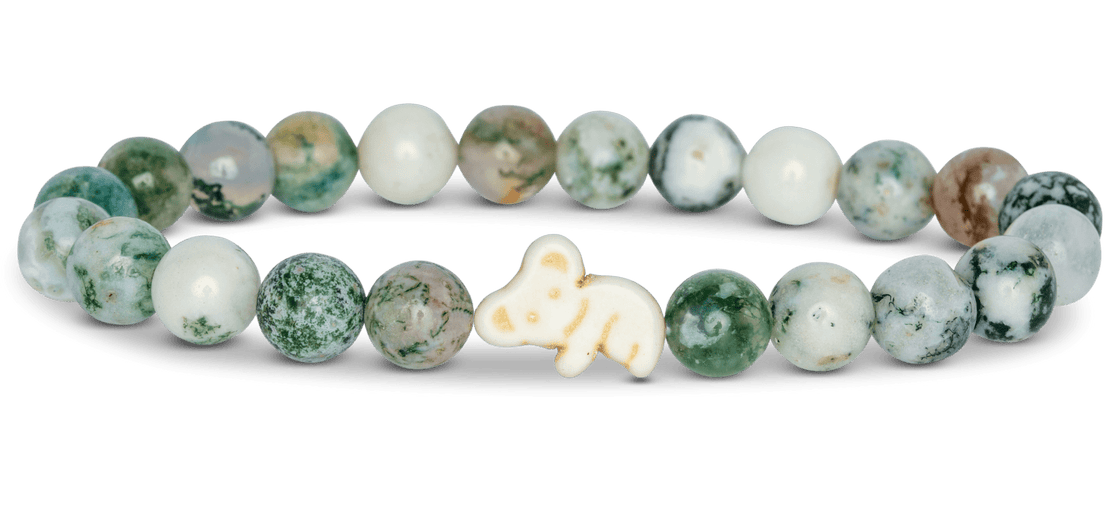
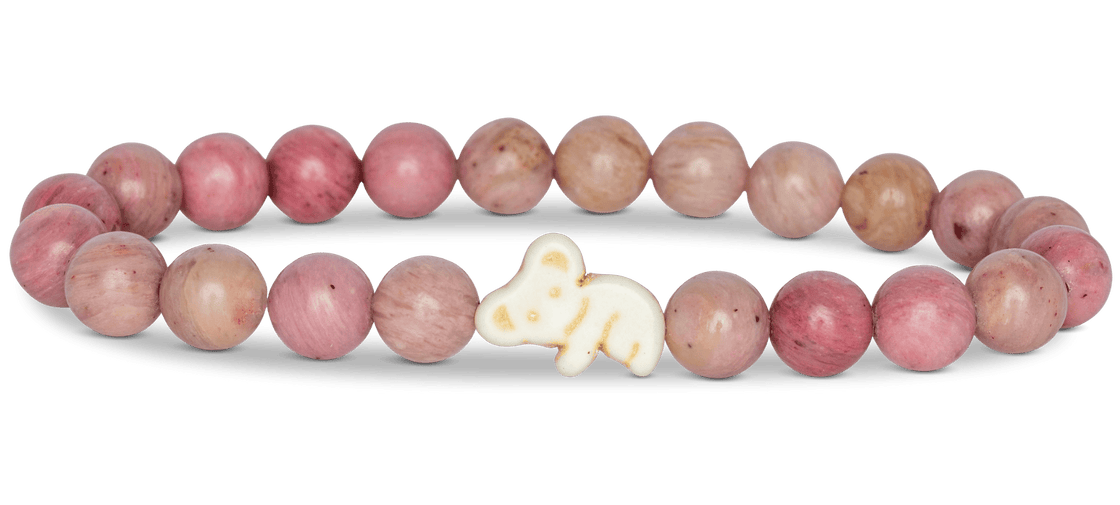
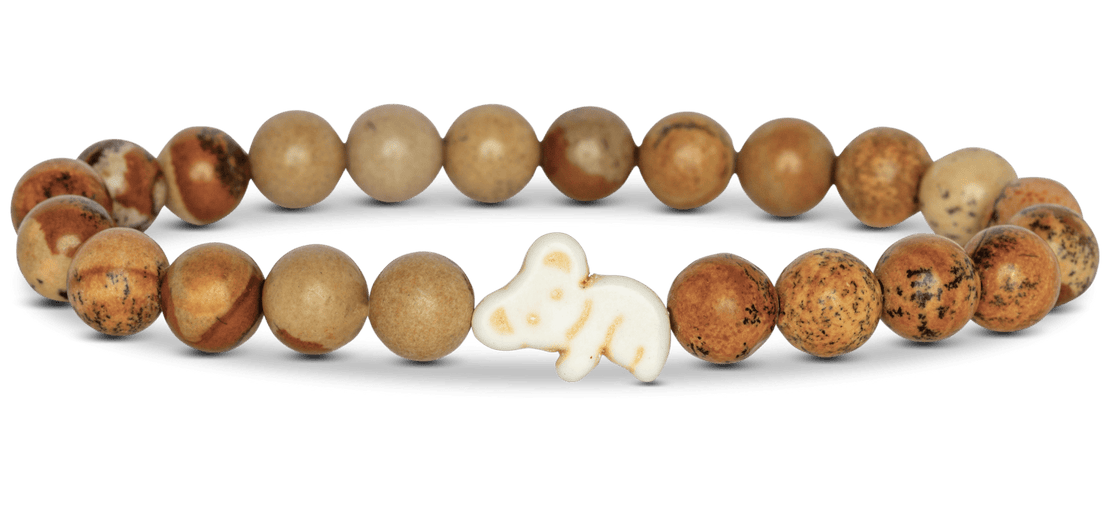
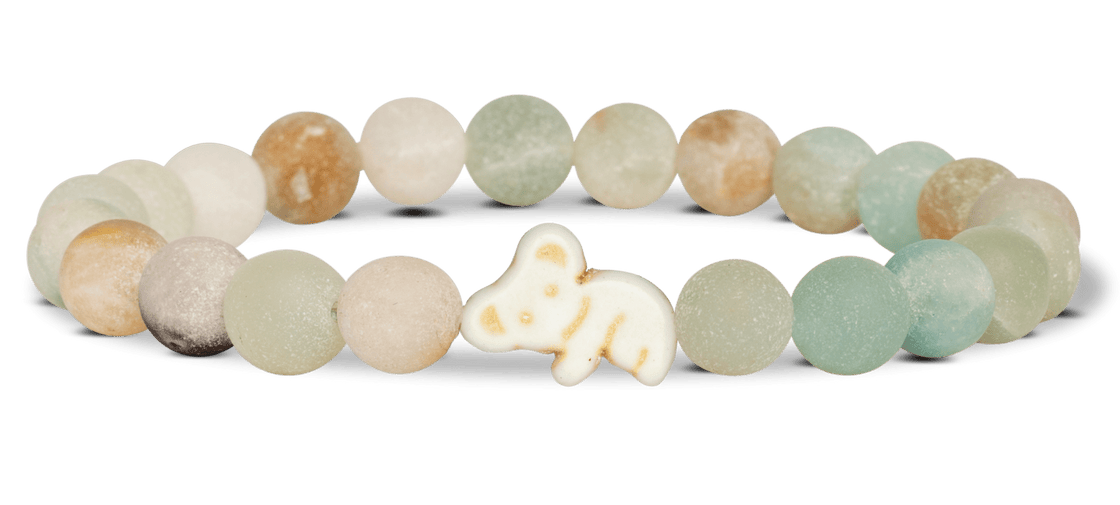
 This animal’s safety guarded with the Fahlo Protection Ping™
This animal’s safety guarded with the Fahlo Protection Ping™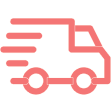 Add 3 or more and get free shipping!
Add 3 or more and get free shipping! Fahlo donates 10% of all profits to our nonprofit partners
Fahlo donates 10% of all profits to our nonprofit partners Sizing: Elastic, one size fits most
Sizing: Elastic, one size fits most SSL Secure Checkout
SSL Secure Checkout Worldwide Shipping
Worldwide Shipping Dedicated Customer Service
Dedicated Customer Service 100% Happiness Guarantee
100% Happiness Guarantee